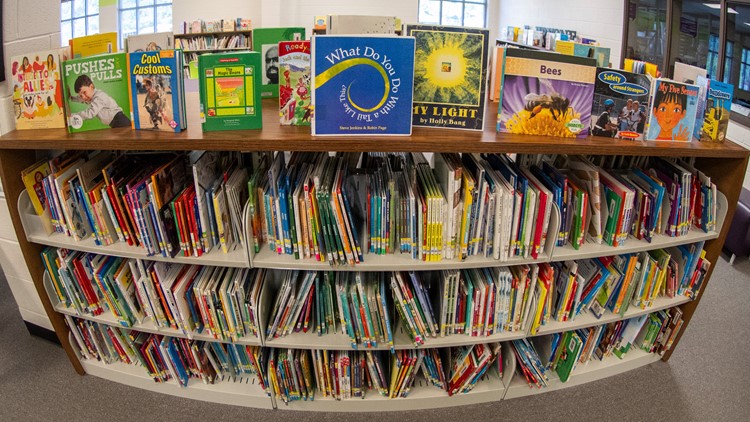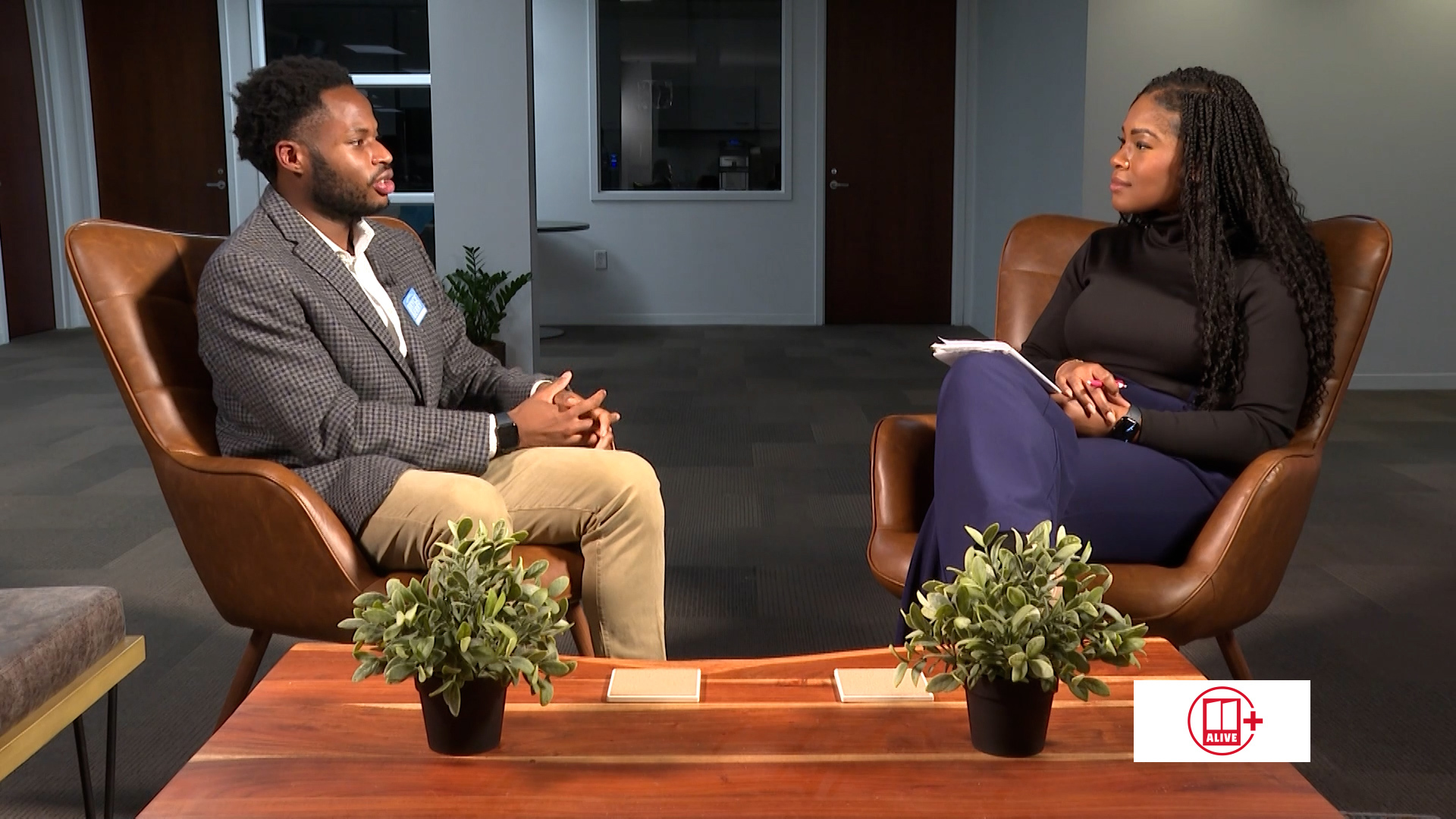ATLANTA — Teachers in Georgia are speaking up about the harm they believe could come if Georgia's bill to ban the American Library Association becomes law.
As it's known now, Senate Bill 390 passed Crossover Day and now moves on to the Georgia House of Representatives, where it could be changed, pushing it back into a Senate vote or passed as is and sent to Gov. Brian Kemp's desk.
What does Senate Bill 390 do?
The bill bars state and local governments from giving money to the American Library Association. It also removes the state requirement that only certified librarians work in public libraries.
What are supporters and opponents saying?
The bill states that the use of certified librarians "has not benefited the residents in this state." It adds that the certification process has been "heavily intertwined with and influenced by the American Library Association," in which the "President of the American Library Association has declared herself to be a Marxist."
Republican lawmakers are citing a post on X, formerly known as Twitter, by ALA President Emily Drabinski in 2022 in which she called herself a “Marxist lesbian,” which also has drawn scrutiny. Georgia Sen. Randy Robertson, another Republican, said the state did not need “a Marxist and socialist organization infecting” its library system.
"This state should no longer require the certification of librarians working at public libraries or allow public moneys to be used to support the American Library Association," the bill reads in part.
Republican sponsors also cite other states that have reduced their "influence" from the ALA.
Educators with the Georgia Department of Education Teacher Policy Fellowship program, meanwhile, have pushed back on what lawmakers have said to support the bill.
"These types of bills are intended to, you know, take away the rights of children," said Michelle Mickens, a Georgia English teacher in the policy fellowship and 2022 Runner up for State Teacher of the Year. "And they really take away parents' rights because parents then don't have the right to choose or get services."
Mickens said without the funding from the ALA, "it would be like dropping a bomb" on the public library system.


"Certain programs, degree programs in the state of Georgia and public universities and schools would literally become obsolete because they require ALA certification," she said.
The impact on students overwhelmingly affects those from lower socioeconomic backgrounds, the educators argue; without the ALA funding, the bill could hinder their free access to books.
"I cannot imagine. I mean, right now, it's free," said Veena Black, a Georgia STEM teacher in the policy fellowship and 2024 State Teacher of the Year finalist. "I mean, what do you think about kids who cannot afford to go buy Amazon? Like, you know, books from Amazon or Barnes and Noble? ...Then you also need internet for Amazon, so many of our poor students don't even have internet at home."
'They are not there long enough.'
Mickens said the bill is spurred by past comments from the ALA president, who doesn't have a long enough term to make major changes.
"The president of the ALA has a one-year term," she said. "They are not there long enough, no matter what their belief is... They are not there long enough, nor do they have the power to make these changes that... they're worried about."
Lawmakers assert that this is not a war on the library. They argue that this law promotes greater freedom and prevents the association from having hidden political motives when making decisions.
“This is not an attack on libraries. It doesn’t ban any books," Republican state Sen. Larry Walker said, adding that the ALA's agenda and politics were inconsistent with Georgia's conservative values.


Teachers are not the only ones who disagree with this decision; a letter from the Georgia Library Association (GLA), the Georgia Library Media Association (GLMA), and the Society of Georgia Archivists (SGA) states they "stand in strong opposition to Senate Bill 390."
"If adopted, SB 390 would hurt librarian and archivist recruitment and retention, drive Georgians out-of-state for their information science education, and damage the ability of USG institutions to meet SACS accreditation standards," the letter read in part.
What are the ALA's Core Values
According to its website, the ALA's mission is “to provide leadership for the development, promotion, and improvement of library and information services and the profession of librarianship in order to enhance learning and ensure access to information for all.”
Year after year, the program continues to push for more initiatives to reach more readers and provide "intellectual freedom." In 2018, the executive board agreed to apply a social justice framework. Its website said its four strategic directions for that specific framework are:
- Advocacy
- Information Policy
- Professional & Leadership Development
- Equity, Diversity & Inclusion
Aside from those, its core values are:
- Extending and expanding library services in America and around the world
- All types of libraries - academic, public, school and special
- All librarians, library staff, trustees and other individuals and groups working to improve library services
- Member service
- An open, inclusive, and collaborative environment
- Ethics, professionalism and integrity
- Excellence and innovation
- Intellectual freedom
- Social responsibility and the public good
- Sustainability
Teachers like Mickens and Black said they will continue to fight the bill, showing up to public meetings and calling lawmakers.
"I do think we're going to defeat it," Mickens said. "I am very confident, especially if people call and email. These people are listening. This is an election season right now."



